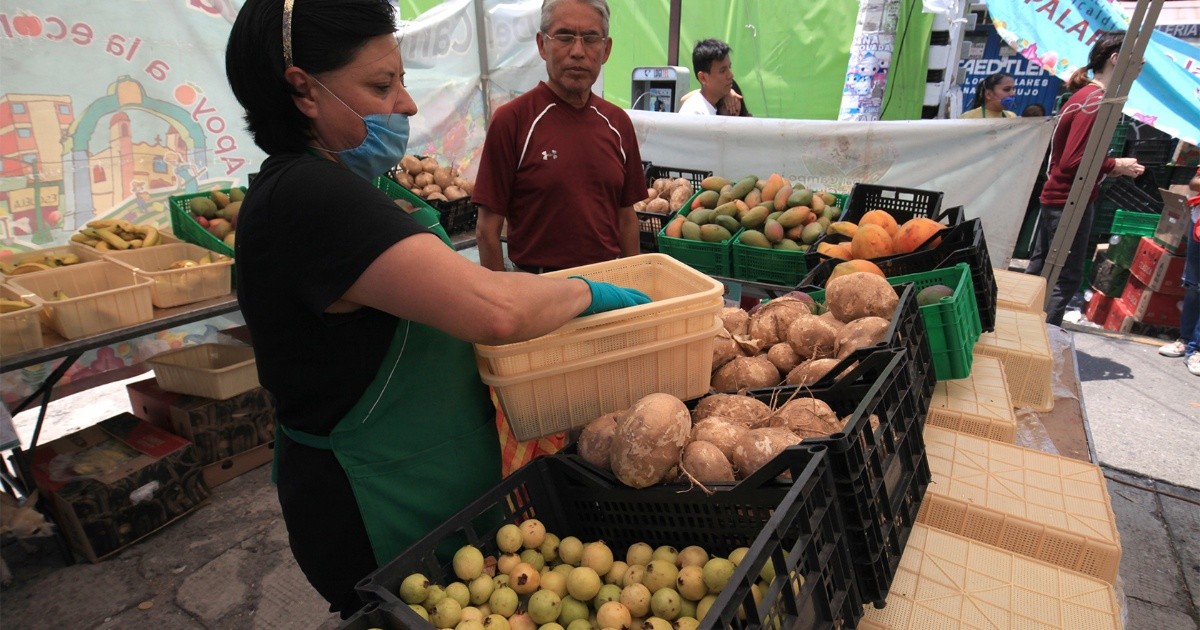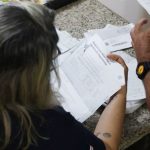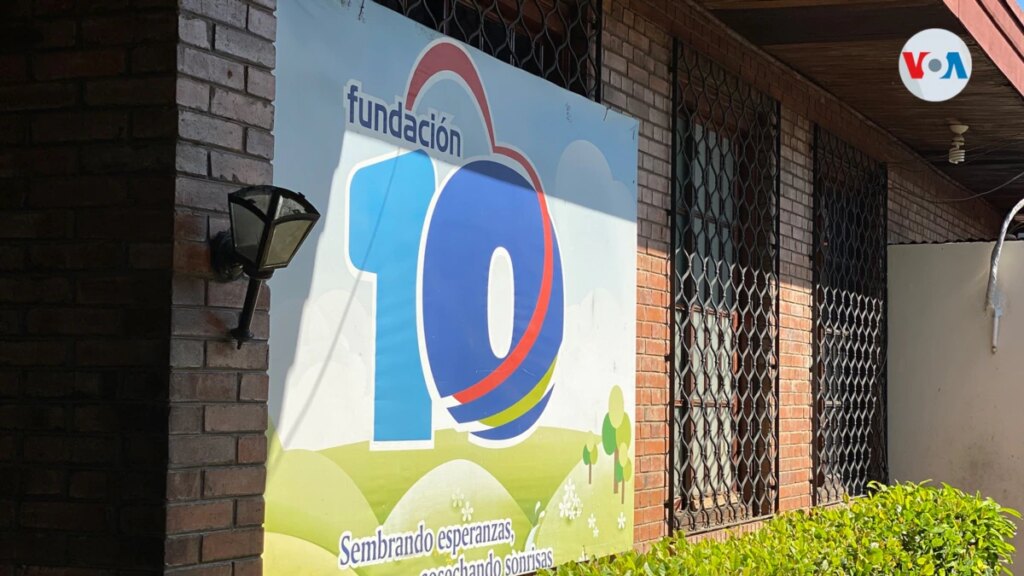“I don’t buy fish anymore,” says Mrs. Verónica Rodríguez at the Amayrany chicken shop while she waits for Luis Antonio Bautista to finish flattening the eight chicken breast milanesas that he will take home.
The increase in the price of the products of the basic basket, assures the government employee inside the San Bartolo Atepehuacan market, in the heart of the Lindavista neighborhood, has “quite affected” its economy.
Her family consists of four members: she, her husband and two children.
“What I have to consume by force is beef, eggs, chicken, vegetables and tortillas. All of that is very expensive. I just bought the avocado for 130 pesos per kilo, but my children like it a lot and I have to buy it. Before, I could substitute beans, rice, eggs and vegetables for meat, but today all of that has gone up in price.”
The pollero admits that he has had to raise the prices of his products because he also buys the merchandise very expensive.
“As you go up, you have to buy because if I don’t work I get more entangled in my debts”, he comments resignedly, and gives as an example the plastic bags he uses in his business, which have risen a lot in price so far this year; ” It cost 58 pesos a kilo and now it’s already 80 pesos. And what do I do? Well, I have to pay because I need them.”
And the sale of chicken is going down, he explains, because people don’t have enough money to do their shopping for the whole week and they buy less and less product.
“If a person bought me two kilos of chicken, now they only carry one. That’s where you see the price increase affect.”
Bautista speaks out against the price control that the federal government is about to announce, in agreement with the private initiative.
“You can’t cap the price, that’s not the solution. In the case of my business, frozen chicken cannot be given at the same price for months as fresh chicken for the day.”
In his opinion, that will not solve the problem of inflation.
“The government only seeks their well-being and one has to continue rubbing one’s back so that the family can get ahead. The government is not going to solve our economic situation.”
If they hit prices, he warns, “the scale will have to start working,” referring to the fact that the merchant will choose not to weigh the product properly for sale to the consumer.
“There will be those who will give kilos of 700 grams. Let’s be honest; that will happen”.
Guadalupe Castañón, owner of the “El Faraón” grocery store; Agustín Báez, of the “El Torito” butcher shop, and Gilberto Ortiz Ocampo, of the “El Tapatío” tortilla shop, agree with the pollero’s view that the government plan to contain the inflation will not give the expected result.
“All the products that I handle, the prices of beef and pork, pork rinds, have indeed increased. People the recent. They are housewives who, if they used to buy two kilos, now only buy a kilo and a quarter. It greatly affects the price increase because we are talking about between ten and twenty pesos per kilo,” says Mr. Báez.
He complains about the high price of gas, which rises month after month.
“One raises the price of meat a peso or two, but people complain immediately. A kilo of beef cost 160 pesos just half a year ago and today it costs 200 pesos. Carcass meat used to cost 80 pesos a kilo and currently, 106 pesos,” he lamented.
Mr. Ortiz Ocampo explains that the price of all the supplies for making tortillas has skyrocketed, especially as a result of the Covid-19 pandemic, for which a kilo costs 20 pesos.
“People don’t see that, the price is expensive and they don’t buy tortillas anymore.”
For 30 years the price of tortillas has been free, it is set by the merchant according to supply and demand, it ends, and there is no longer a subsidy for corn.
“If they want there to be a fixed price again, there has to be a subsidy on corn, gas or electricity, which is very expensive.”

















